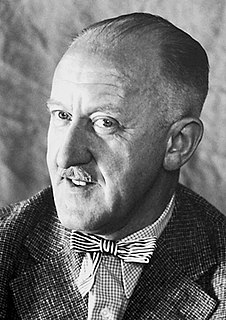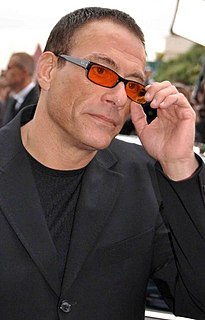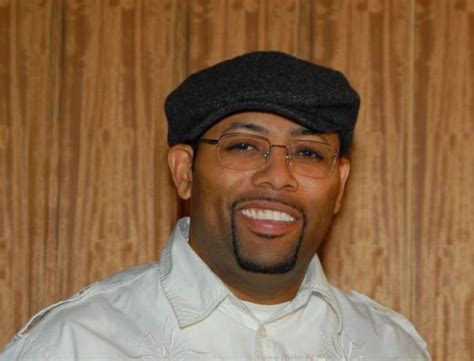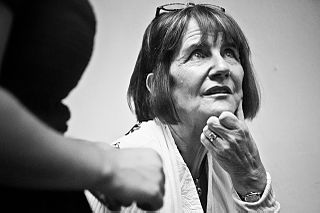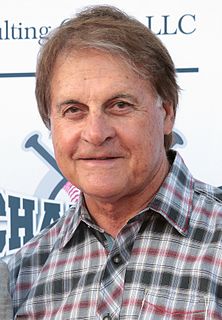A Quote by Phil Taylor
People will know if you are telling the truth or lying. If you are doing commentary, why not tell the truth?
Related Quotes
Sometimes I don't tell the truth, which is telling the truth about not telling the truth. I think people don't tell the truth when they're afraid that something bad's going to happen if they tell the truth. I say things all the time that I could really get into trouble for, but they kind of blow over.
Start telling the truth now and never stop. Begin by telling the truth to yourself about yourself. Then tell the truth to yourself about someone else. Then tell the truth about yourself to another. Then tell the truth about another to that other. Finally, tell the truth to everyone about everything. These are the Five Levels Of Truth Telling. This is the five-fold path to freedom.
It’s not enough to be able to lie with a straight face; anybody with enough gall to raise on a busted flush can do that. The first way to lie artistically is to tell the truth — but not all of it. The second way involves telling the truth, too, but is harder: Tell the exact truth and maybe all of it…but tell it so unconvincingly that your listener is sure you are lying.
You can't be afraid to speak the truth. If you're speaking truthfully - no matter if you're White, Black, Hispanic, Asian - if it's the truth, it's the truth! And if that's what you're telling, you have no reason to be fearful, or, worry about people trying to diffuse what you're doing. Because, if you're speaking the truth, they can't beat the truth.
The issue is that when you're a critic it's hard to tell the difference between the thrill of denouncing and telling the truth. Telling the truth to me feels more often like denouncing than like praising. There are many more concrete advantages in the world for people who praise than for those who denounce. So if you want to tell the truth, oftentimes you're going to err on the side of denouncing. That's just something I have to work on.
[Eugene Smith] was always writing these diatribes about truth, and how he wanted to tell the truth, the truth, the truth. It was a real rebel position. It was kind of like a teenager's position: why can't things be like they should be? Why can't I do what I want? I latched on to that philosophy. One day I snapped, hey, you know, I know a story that no one's ever told, never seen, and I've lived it. It's my own story and my friends' story.


